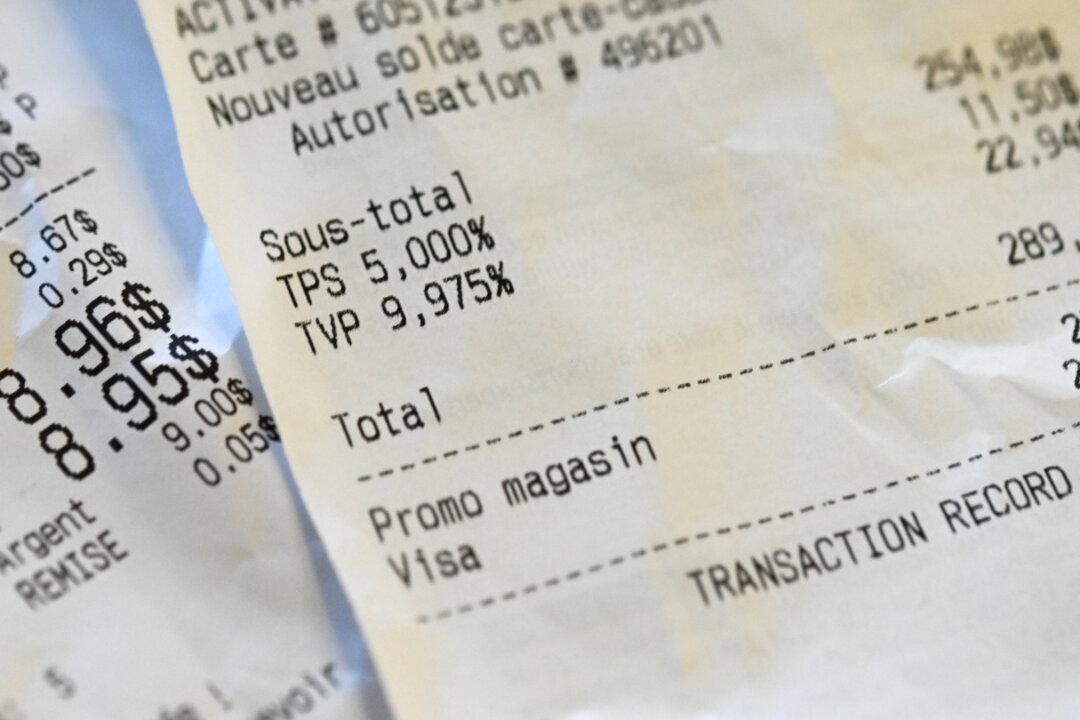RICHMOND HILL, Ont.—As the GST holiday went into effect this weekend, several shoppers told The Epoch Times they were unaware of it, some said it hasn’t impacted their shopping plans, and some plan on stocking up on certain items.
Bill C-78, which eliminates sales tax on goods and services, as well as the harmonized sales tax in participating provinces, passed on Dec. 12 and came into effect on Dec. 14, lasting until Feb. 15, 2025. It covers items like restaurant meals, groceries, alcohol, books, Christmas trees, and a variety of children’s products.





